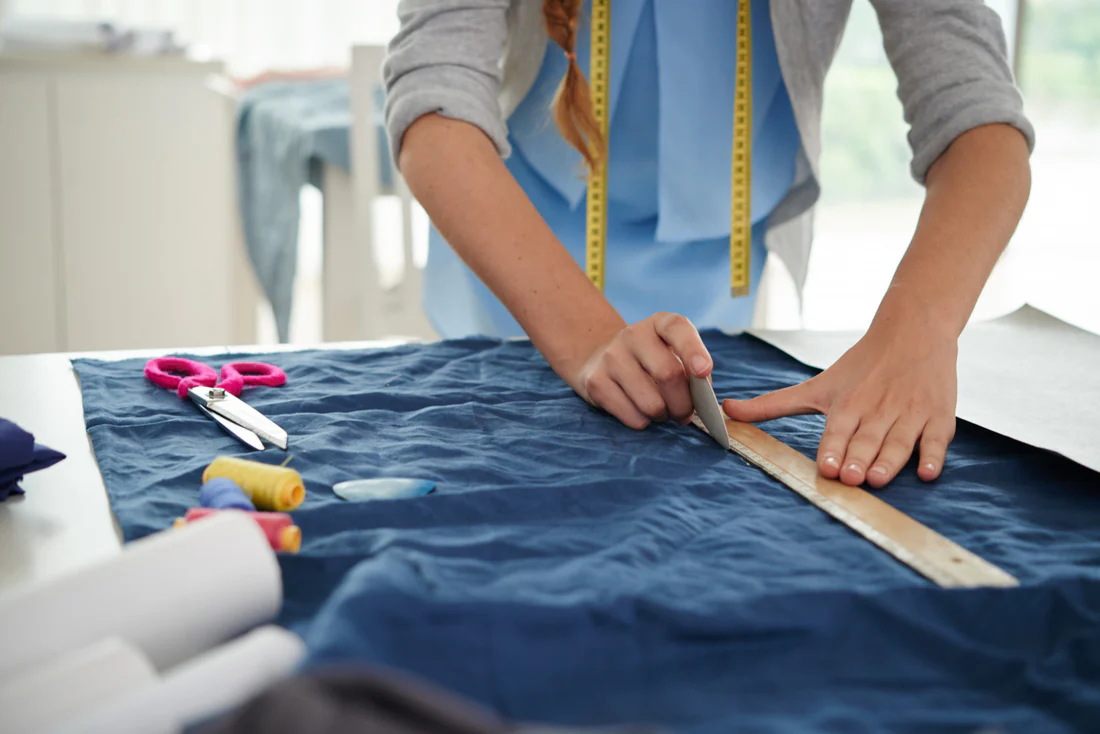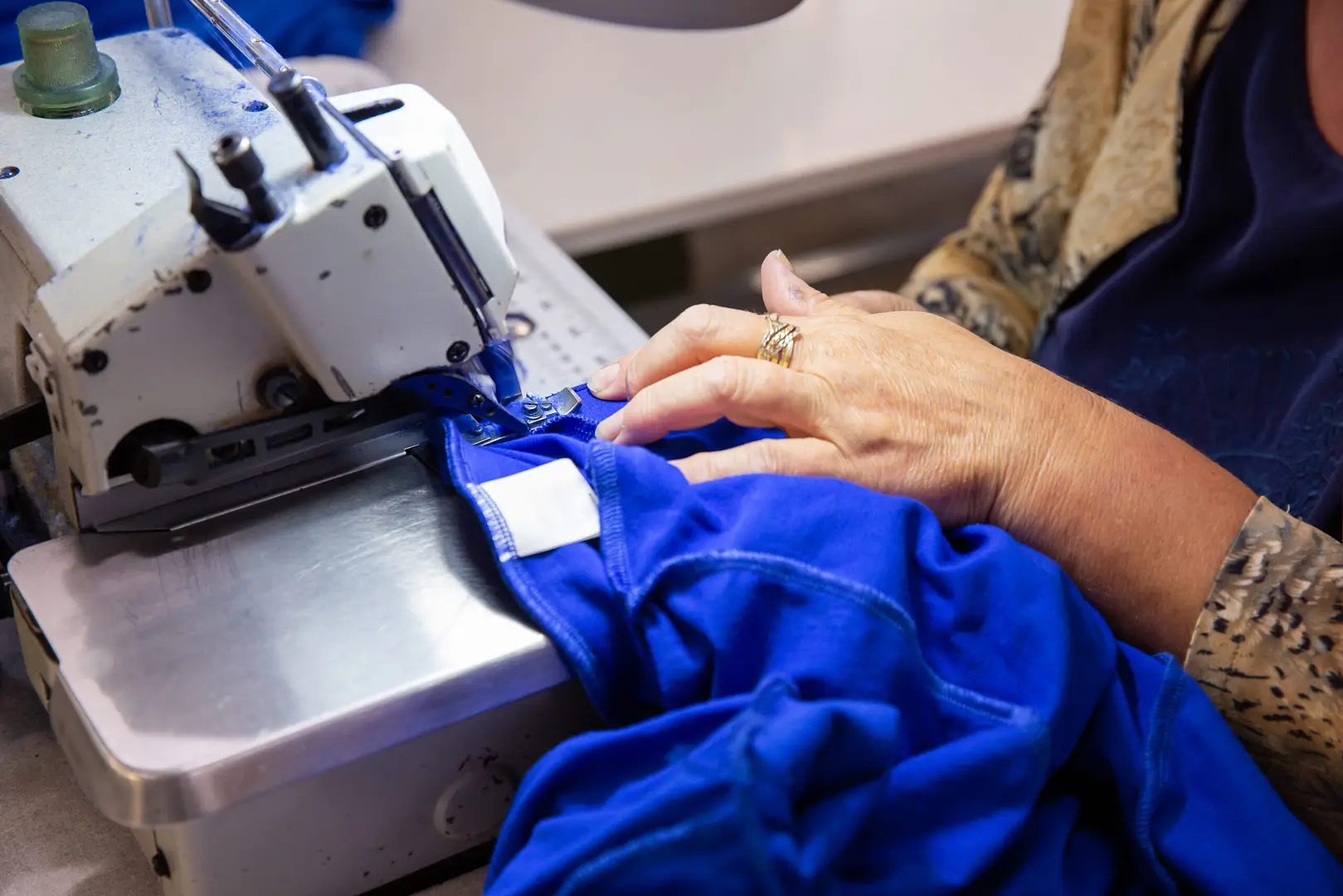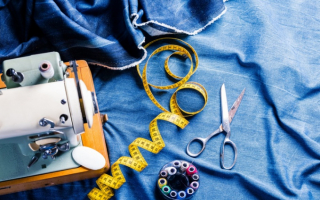Order online or call us +86-136 3158 0453
Order online or call us +86-136 3158 0453
Views: 666 Author: Site Editor Publish Time: 2025-10-24 Origin: Site








As your brand begins to scale, one thing becomes clear — creative design alone isn’t enough. Consistent quality, dependable delivery, and ethical production are the true pillars of sustainable growth. That’s where a trustworthy clothing manufacturer enters the picture.
Finding a reliable partner is more than sourcing a supplier — it’s building a foundation that allows your brand to evolve without compromising identity, quality, or customer trust.
When expanding operations, many fashion brands face unexpected challenges: delayed shipments, inconsistent stitching, and communication breakdowns. These issues often stem from mismatched expectations with their chosen clothing manufacturer.
Scaling requires a production partner who can handle complexity, volume, and brand standards simultaneously. The cheapest manufacturer isn’t always the right one — it’s the one that grows with you.
A professional clothing manufacturer is more than a production facility. They are a technical and strategic partner who turns creative concepts into consistent, scalable products.
There are two main types:
OEM (Original Equipment Manufacturer) – You provide the designs; they handle production.
ODM (Original Design Manufacturer) – The manufacturer assists with design, development, and production.
A skilled B2B garment factory supports both models, helping brands bridge the gap between creativity and industrial precision.

Before you start looking for a clothing manufacturer, take time to define what your brand truly needs.
Ask yourself:
What product categories am I scaling (e.g., uniforms, streetwear, sportswear)?
What is my expected volume or minimum order quantity (MOQ)?
What level of quality control in clothing manufacturing do I require?
Are sustainability or ethical certifications important to my audience?
The clearer your expectations, the easier it will be to identify the right partner and avoid mismatches.
A reliable manufacturer will demonstrate the following traits:
Experience and Specialization: Proven track record in your product category.
Transparency: Open about pricing, timelines, and production updates.
Quality Control: Strong systems for inspection, testing, and consistency.
Certifications: Compliance with standards like ISO, WRAP, or BSCI.
Sustainability: Commitment to eco-friendly materials and ethical labor.
The best clothing manufacturers focus on long-term relationships, not short-term transactions.
Finding a dependable clothing manufacturer requires research and verification. Reliable sources include:
B2B platforms like Alibaba, Global Sources, and MakersRow
Trade fairs and sourcing expos where you can evaluate samples in person
Industry networks or referrals from other brand owners
Independent clothing manufacturers who specialize in small batch production or private label projects
Each channel has pros and cons, but in all cases, prioritize verified experience and communication clarity.
Once you shortlist potential partners, assess them thoroughly:
Request samples to evaluate stitching, fit, and finishing quality.
Ask about their apparel manufacturing process — do they handle sourcing, cutting, sewing, and finishing in-house?
Check production capacity, lead time, and flexibility for small batch production.
Review export experience, especially if your business spans multiple regions.
A professional B2B garment factory should be transparent about workflow, certifications, and capacity.

A manufacturer should be a collaborator — not just a supplier. Trust is built through communication, shared goals, and reliability.
Strong partnerships lead to smoother operations across the fashion supply chain, faster adjustments to market trends, and fewer production errors. Over time, this partnership can evolve into a genuine strategic alliance that drives brand growth.
Clear communication ensures mutual success. When negotiating, focus on:
Transparent pricing with no hidden costs
Reasonable MOQs that align with your brand’s stage
Defined quality benchmarks tied to your samples
Delivery timelines with accountability clauses
Putting everything in writing ensures alignment and reduces risks during scaling.
Today’s top clothing manufacturers integrate technology into every stage of production.
Digital sampling, automated cutting systems, and real-time tracking have transformed how brands manage production.
These innovations bring transparency — giving brands insight into every stage of the apparel manufacturing process and improving quality control. This digital shift helps prevent miscommunication and enhances accountability.
Even experienced brands make errors when sourcing new manufacturers. Avoid these pitfalls:
Focusing solely on price rather than total value
Skipping the sample stage before bulk orders
Ignoring audits or compliance checks
Failing to clarify intellectual property ownership
Each mistake can delay production or harm your reputation — both costly setbacks when scaling globally.
Consider a mid-sized European streetwear label that struggled with delays and inconsistent sizing. After switching to a clothing manufacturer that emphasized communication, quality control, and flexible MOQs, the brand reduced lead times by 25% and expanded into two new regions within a year.
The lesson: The right manufacturer isn’t just a cost factor — it’s a growth partner.

Consumers increasingly value transparency and responsibility. A sustainable clothing manufacturer not only reduces waste and energy use but also enhances brand reputation.
Aligning your scaling strategy with a manufacturer that practices sustainable manufacturing creates long-term trust with both customers and partners.
Scaling your brand is a journey that demands reliability at every stage. The right clothing manufacturer ensures your designs are brought to life consistently, ethically, and efficiently.
When you find a manufacturer that understands your brand vision, you gain more than a supplier — you gain a strategic ally who helps turn scaling challenges into opportunities for growth.
Q1: How can I verify a clothing manufacturer’s credibility?
Request certifications, audit reports, and client references. Verified B2B garment factories will gladly share documentation proving compliance and reliability.
Q2: What’s the difference between OEM and ODM manufacturers?
OEM handles your custom designs, while ODM develops products based on their own designs for your label — ideal for brands seeking design support.
Q3: How can small brands find reliable manufacturers?
Look for small batch production options, transparent MOQs, and factories open to growth partnerships. Many boutique manufacturers specialize in helping new brands scale gradually.
Q4: How do I maintain consistent quality when scaling production?
Choose a clothing manufacturer with strong internal quality control in clothing manufacturing, standardized inspections, and feedback loops between sampling and mass production.
Q5: What certifications should I look for?
Reputable factories hold ISO 9001, WRAP, Sedex, or BSCI certifications — proof of ethical, safe, and efficient manufacturing standards.
Rm 423, LiangJi Building, Longhua District, Shenzhen, Guangdong,China
Copyright © 2023 Doven Garments. All Rights Reserved.Privacy Policy | Sitemap | Support By Leadong